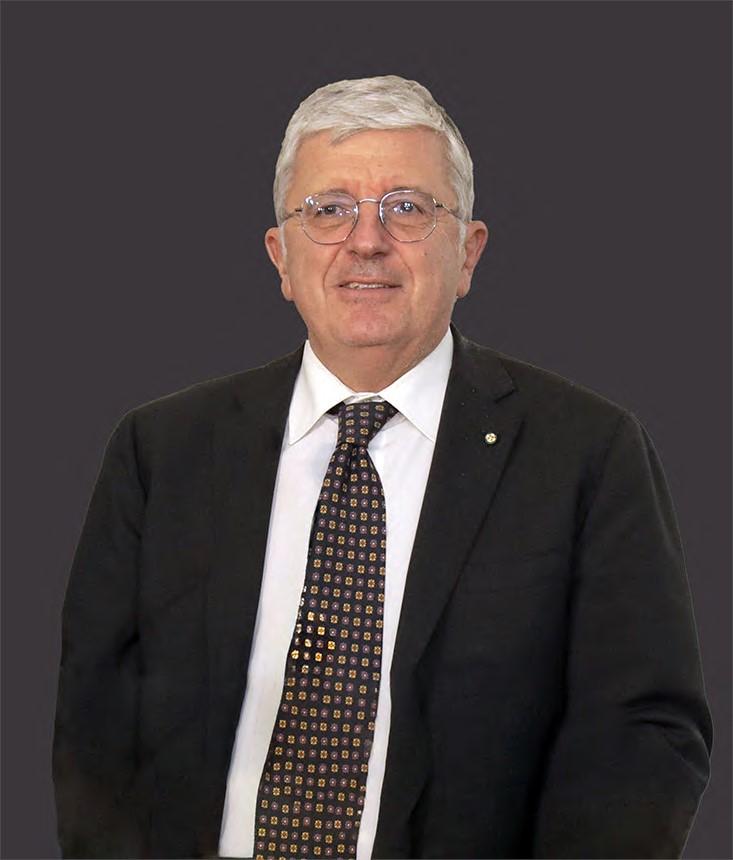India in the Indo-Pacific Framework: JCU’s Guarini Institute Hosts Former Ambassador Vincenzo De Luca
On March 3, 2025, the Guarini Institute for Public Affairs at John Cabot University welcomed Vincenzo De Luca, former Italian ambassador to India, for a thought-provoking discussion on the evolving geopolitical landscape and India’s strategic positioning in the world. Professor Federigo Argentieri, Director of the Guarini Institute, introduced De Luca, who recently concluded his four-year tenure in Delhi, marking the end of his distinguished diplomatic career.

The Guarini Institute also celebrated Vincenzo De Luca’s son, Francesco De Luca, who has recently become the first JCU alumnus to enter the Italian foreign service.
The event kicked off with an overview of India’s role in the global geopolitical context. Having surpassed China in June 2023 to become the world’s most populous nation, India faces pressing challenges in meeting the basic needs of its vast and diverse population. The country, “a mosaic of religions, cultures, and traditions,” as De Luca defined it, remains a federal state.
Indo-Pacific Framework: India’s Growing Influence on Europe
De Luca compared India’s economic trajectory with China, noting that while both had similar GDP (Gross Domestic Product) levels in the 1980s, China’s rapid globalization led to exponential growth, making its economy four times larger than India’s. While national security and economic growth are still a priority, India is now embracing a “multi-alignment” approach through diverse strategic alliances. Recently, the President of the European Commission, Ursula von der Leyen, visited India to launch a new technology and trade collaboration, potentially paving the way for a free trade agreement and stronger economic ties.
De Luca emphasized India’s efforts for a multipolar world order. As the U.S. turns inward and reduces its global engagement, opportunities arise for new international alliances, where Europe-India relations could contribute to a more inclusive and balanced global system.
While India faces persistent domestic challenges, including political shifts and governance complexities, its vibrant democracy remains a point of engagement for Europe. Both regions can collaborate on pressing global issues such as climate change, with India making gradual but significant commitments toward sustainability.
Global Framework: A Shift in the U.S. Towards Isolation
At the end, Professor Argentieri raised concerns about the recent shift in the United States’ foreign policy. Speculation surrounding Vice President J.D. Vance and Elon Musk suggests possible moves toward isolationism, including a U.S. withdrawal from the UN and NATO — possibilities that, while drastic, cannot be dismissed outright. The event concluded with a Q&A session, during which De Luca emphasized the current era of geopolitical transformation noting that strategic alliances between Europe and the Indo-Pacific region will play a critical role in shaping the future.
(Tetiana Kozachanska)





